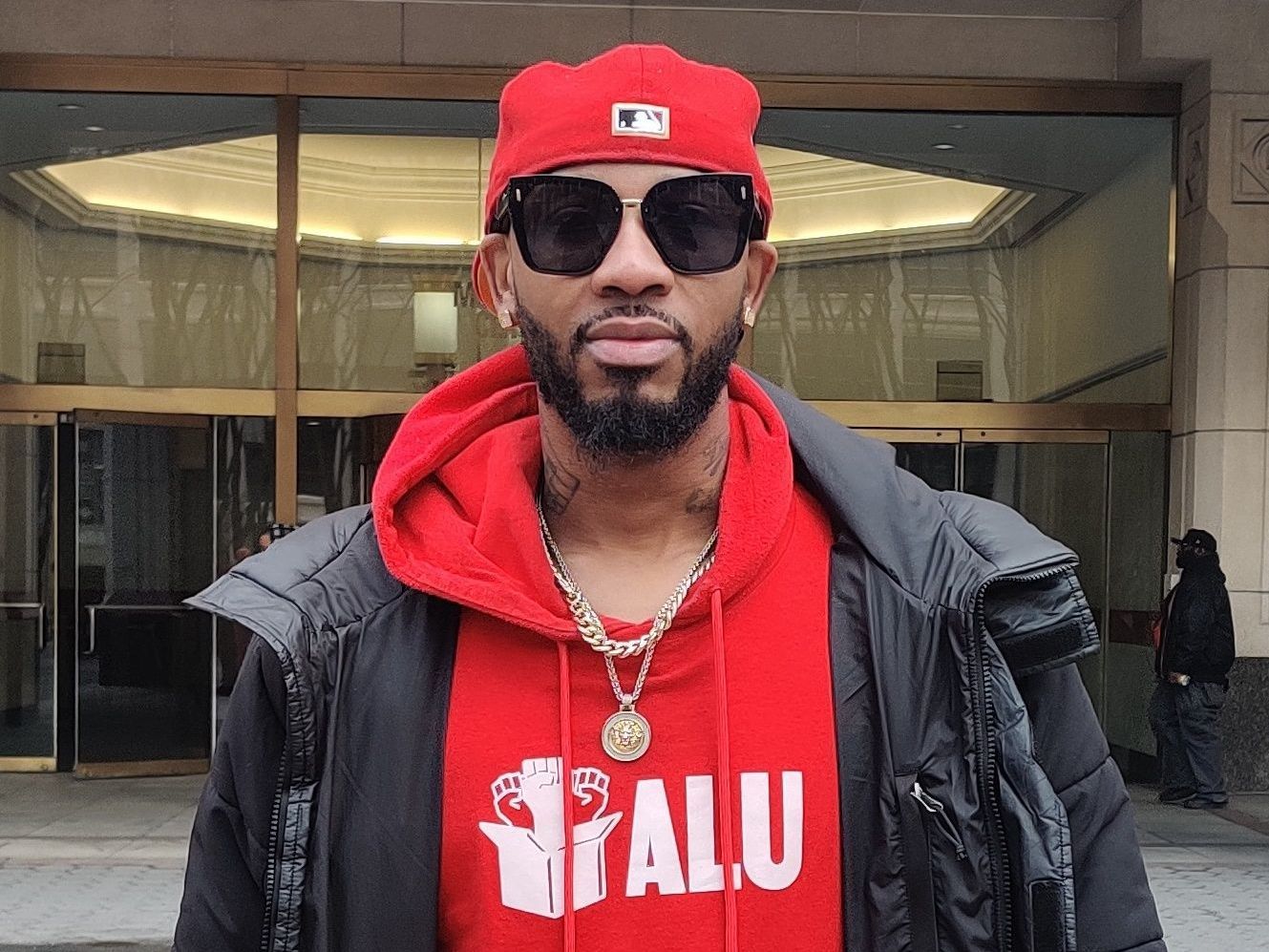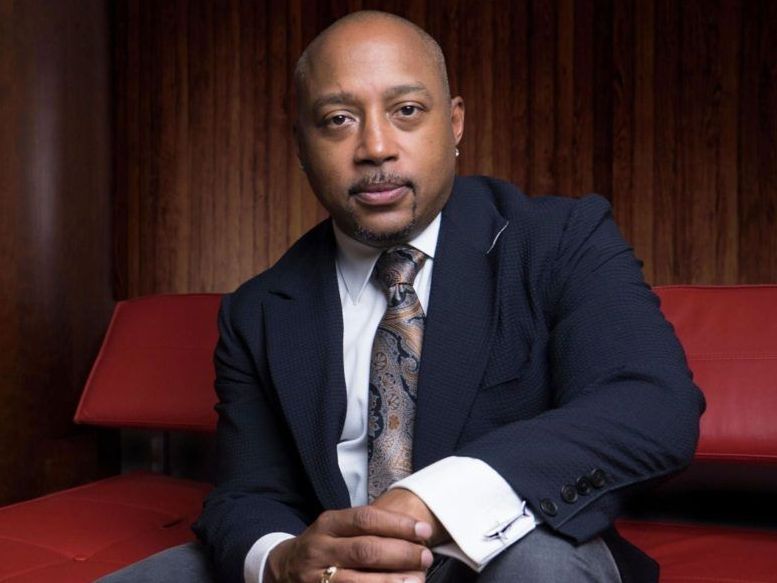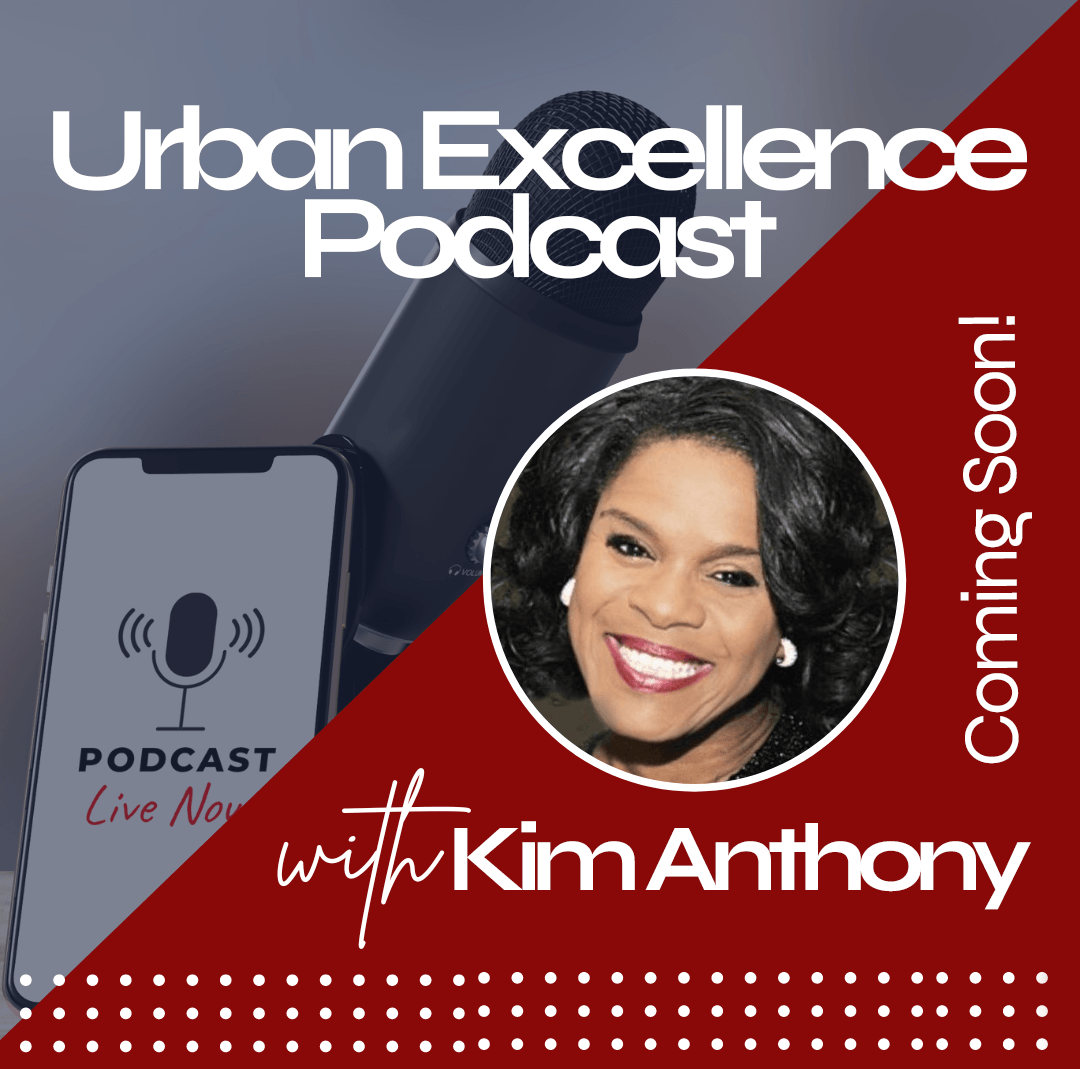How Prosperity Market is Connecting Angelenos with Fresh Produce–and Social Change
Carmen Dianne, an entertainment industry makeup artist, found herself isolated in 2020, with time to think. COVID-19 was highlighting the inequalities in economic security around the country, while protests against the brutality and murder of Black people by the police were taking place. Dianne began to consider what she could do to contribute to her community. At the same time, she learned, her friend and clothing designer Kara Still was also looking to make a difference.
Amidst the Black Lives Matter protests, there was a call to support local Black businesses, but, with L.A.'s sometimes-isolating geography, customers don’t always know where to find them. Dianne and Stilles began to consider creating an opportunity to share their favorite Black businesses with people that might otherwise be outside their reach. Their solution was to create Prosperity Market, a mobile marketplace of Black chefs, farmers, and artisans, that pops up all over Los Angeles.
Prosperity market is a weekend-long event. Friday is the virtual market where you can fill your online cart with everything from produce to pre-prepared vegan meals to freshly-made juices. Saturday is the in-person market where you can meet those makers or pick up the goods you bought online with no contact.
On Sunday, Dianne and Still give back, distributing produce boxes and meals in South Los Angeles.
According to Community Health Council Inc, South Los Angeles is a community of 1.3 million people, serviced by just 60 grocery stores–one grocery store for every 22,156 people. Prosperity Market has partnered with organizations to bring fresh produce to this underserved area.
“We work with organizations that want to feed the community,” says Still.
Most of the boxes of the organic produce come from Summaeverythang Community Center, a project started by artist Lauren Halsey as a way to feed South Los Angeles and Watts. The Social Justice Learning Institute also contributes food and resources.
“California is the largest producing agricultural state in the country [yet] L.A. specifically has the highest number of food-insecure people. That’s crazy to me,” remarked Dianne.
Another important aspect of Prosperity Market is their support for black farmers, especially urban farmers. They have partnered with Farmer Ken, who has turned a backyard hillside in East L.A. into a food forest, IGH Gardens in Bell, Crop Swap which asks gardeners to share the extra veggies they’ve produced, and others.
“Urban farmers, even if they make a living doing it, even if they’ve been doing it for years and years, don’t qualify as farmers. Which makes it a lot harder for them to get funding. Even if they are feeding hundreds or thousands of people off of the things they grow. But because their land isn’t a certain size or they’re not in a certain area they can’t be categorized as farmers and that creates a lack of access to resources that could make a difference” says Still.
And when it comes to selling their products it is another battle. “It’s impossible for urban farmers to become vendors at traditional farmers markets where you may need organic certification. It takes seven years to get it and it's very expensive. It’s not an easy process," she says. "So people grow the most beautiful food, all organic, no pesticides, but they have to jump through so many hoops to be certified."
Dianne and Still are helping to create a space for urban farmers to sell the produce they take so much time and care to grow–and they have plans to grow Prosperity Market, too.
The pair are working on a 48-foot mobile trailer, part of which will be a rotating food truck and the rest a grocery store on wheels, stocked with produce from Black farmers. The trailer will move through Los Angeles neighborhoods sharing organic produce, cooking classes, and nutritional education. They’d like their model to be replicated in other cities and states, sharing the support they’ve gotten from the Compton Community Garden and Dr. Gail Myers, the founder of Freedom Farmers Market in Oakland, with others.
“Stimulating the local economy and the local food system really has a ripple effect to the impact that local government and all of the things that come from that,” says Still. The health and well-being of a community starts with food sovereignty and local support.







